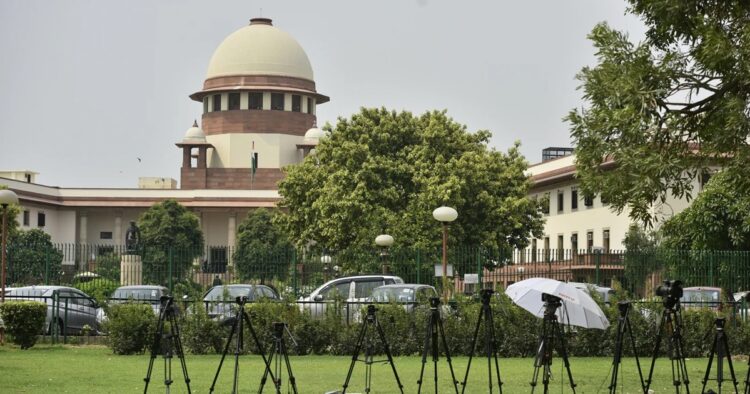In a landmark decision on March 4, 2024, the Supreme Court of Bharat unanimously ruled that lawmakers can be prosecuted if found to have accepted bribes in exchange for making speeches or voting a certain way in parliament or state assemblies. This ruling overturned a previous decree from 1998, which had granted lawmakers immunity even in cases of bribery related to their parliamentary duties.
The court emphasized that bribery undermines integrity in public life and stated that immunity cannot shield lawmakers from prosecution for such actions. It clarified that bribery does not fall under the constitutional immunity granted for parliamentary speech and actions.
This ruling has significant implications, particularly for cases such as that of Mahua Moitra, an expelled Trinamool Congress MP, who is facing allegations of accepting bribes in the infamous “cash-for-queries” scandal. The judgment paves the way for her potential prosecution by law enforcement agencies.
Furthermore, the ruling is expected to deter lawmakers from engaging in bribery, particularly in instances like cross-voting during Rajya Sabha elections. The judgment indicates that if lawmakers accept bribes to cross-vote, they could face criminal prosecution, even if the bribery does not directly occur during a session of the house.
The court clarified that bribery remains an offense regardless of whether the intended purpose is achieved or not. It rejected arguments suggesting immunity if a lawmaker accepts a bribe but ultimately does not vote as agreed, stating that such interpretations contradict the constitutional intent behind conferring parliamentary privileges.
Moreover, the court highlighted that parliamentary privileges are intended to foster an environment conducive to debate and deliberation. Granting immunity for bribery would undermine this purpose by influencing lawmakers’ decisions through corrupt means.
The ruling also established criteria for invoking parliamentary privilege, stating that lawmakers can only claim immunity for actions directly related to their role as legislators. Any action not meeting these criteria would not be eligible for immunity.
The judgment’s scope extends beyond the confines of parliamentary sessions, encompassing all activities related to the duties and responsibilities of lawmakers within the legislature or parliament. It emphasizes the critical role played by bodies like the Rajya Sabha in India’s democratic framework, reinforcing the importance of upholding integrity in all facets of legislative functioning.
Overall, the Supreme Court’s ruling marks a significant step towards combating corruption in Indian politics, affirming the principle that lawmakers are not above the law and must be held accountable for their actions, including instances of bribery.

















Comments